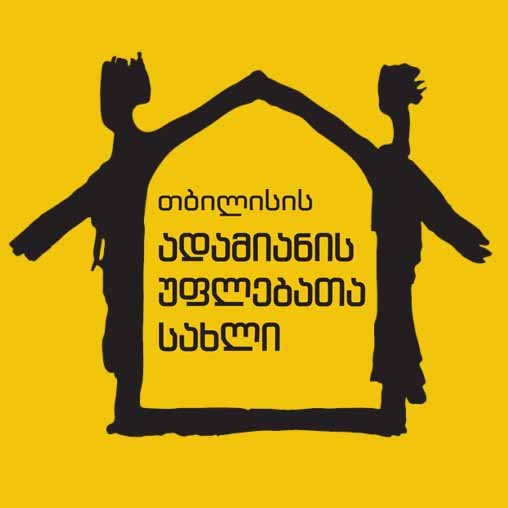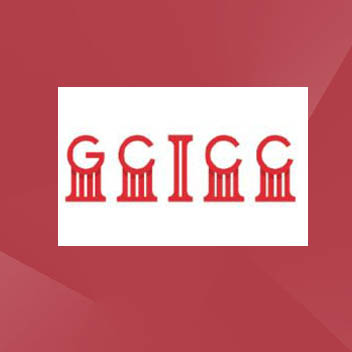News
Joint Statement of HRC and SAPARI in connection with the decision of CEDAW on the case of Khanum Jeiranova
15.11.2021
Font size
Khanum Jeiranova, 30, was brutally physically, and psychologically abused by the villagers in the village of Lambalo in Sagarejo district in 2014, contributing to the death of a woman. According to the version of the investigation, the woman committed suicide, but the investigation did not inquire whether the suicide was staged, nor did the investigation reveal a motive of gender discrimination, which was in fact the basis for the violence against the woman. Despite numerous reports in the media that clearly confirmed the violent acts committed against Jeiranova, the Georgian authorities failed to fully investigate the case and punish the offenders.
Against the background of the failure of all possible mechanisms at the national level and the insufficient will of the State to conduct a full-fledged investigation, in September 2018 HRC and Safari, in cooperation with the European Center for Human Rights (EHRAC), addressed the Committee on the Elimination of Discrimination against Women (CEDAW) on the case of Jeiranova.
On November 11, 2021, the United Nations Committee on the Elimination of Discrimination against Women (CEDAW) issued its views on the case. As a result of assessing the case, the Committee found that Georgia had failed to investigate and prosecute the gender and honor-based violence against the woman who was severely beaten by family members in front of her young children, contributing to her death.
CEDAW expresses its concern that the Georgian authorities have failed to arrest and prosecute those responsible for the violence against Khanum Jeiranova. The Committee is also concerned about the decision of the authorities to return the woman to her relatives, after which the woman was found dead.
According to CEDAW member Genoveva Tisheva: "Jeiranova was a victim of intersecting discrimination related to ethnicity and stereotypical attitudes of the police and the judicial authorities." According to Tisheva, had the Georgian authorities properly protected Jeiranova from gender-based violence, she would be alive today.
The Committee established that Georgia has failed to ensure effective protection of Khanum Jeiranova's right to life and that not all appropriate measures have been taken to eliminate the discrimination against her. As a result of the deliberations, the Committee concluded that Georgia had breached its obligation to investigate and prosecute those responsible for the assault and death of the victim.
In its decision, CEDAW calls on the Georgian authorities to conduct a prompt, thorough, and independent investigation into the case of Jeiranova's death and to punish those responsible for the assault. Further, according to the decision of the Committee, the Georgian authorities are obliged to provide appropriate reparation to the children of the victim. Including paying them adequate compensation and formal apologies.
Moreover, CEDAW issued general recommendations for Georgia in the Views. Among other general recommendations, CEDAW calls on the Georgian authorities to eliminate impunity and ensure a prompt and comprehensive response to gender and honor-based violence against women and to identify and punish the offenders. In addition, CEDAW calls on the authorities to provide mandatory training for the employees of state agencies in the fight against discrimination against women and honor-based crimes against women, including such issues as intersectional discrimination and gender sensitivity.
CEDAW also calls on the Georgian authorities to make amendments to the legislation. In particular, to define in the criminal law the concept of honor- and gender-based offense and consider them as the factors when subsuming the offense. CEDAW recommends that the authorities collect information on femicide and encouraged/forced suicide, keep relevant statistics and, based on the analysis of this information, strengthen the protection of women against gender-based violence. Also, women should have access to information in a language they can understand to ensure access to justice for women. At the same time, the government should ensure awareness-raising about gender and honor-based violence.
The decision of the Committee sets a precedent in its content and, at the same time, is crucial for raising the standard of protection of women's rights, both in Georgia and in other member states to the Convention and its Additional Protocol. In this particular case, in accordance with Article 7.4 of the Optional Protocol to the Convention, Georgian authorities are given six months to submit a written reply to the Committee on any steps taken to comply with their views and recommendations.
Union SAPARI and HRC welcome the decision of CEDAW and believe that it deeply reflects the systemic problem of gender discrimination against women in Georgia, especially in ethnic minority communities.
HRC and SAPARI will closely monitor the implementation of the Committee's views and recommendations by the Georgian authorities and will ensure public awareness in this regard.
SAPARI and HRC were carrying out the mentioned case with the support of USAID/PROLoG.
News
18.04.2025
The Suspension of Visa Liberalization Serves the Interests of Ivanishvili and Russia—Not the Georgian People
20.03.2025




